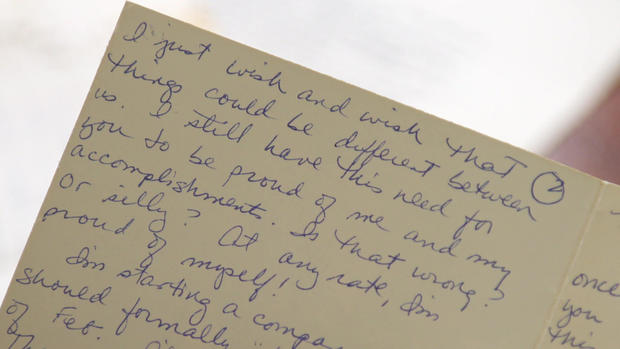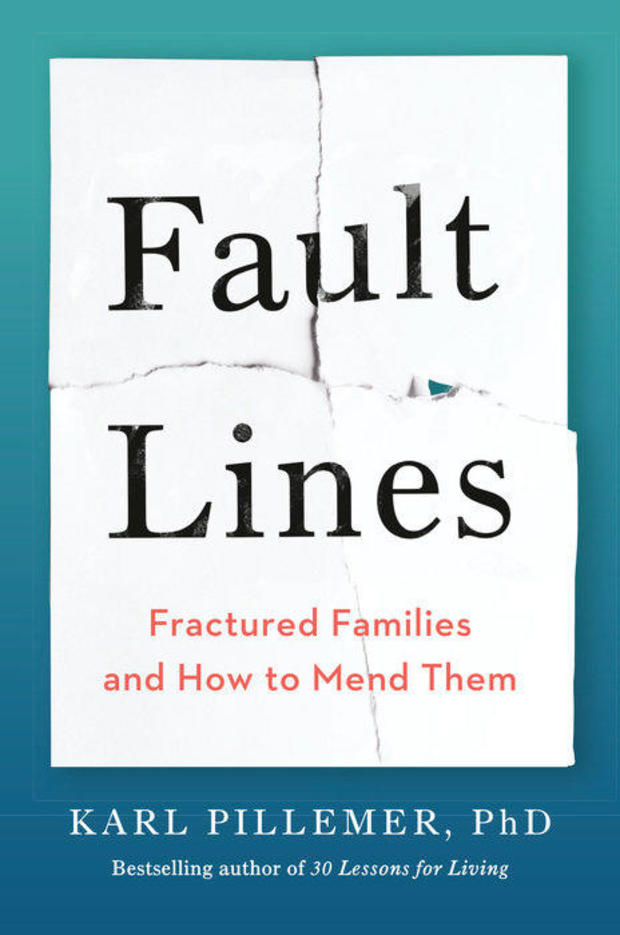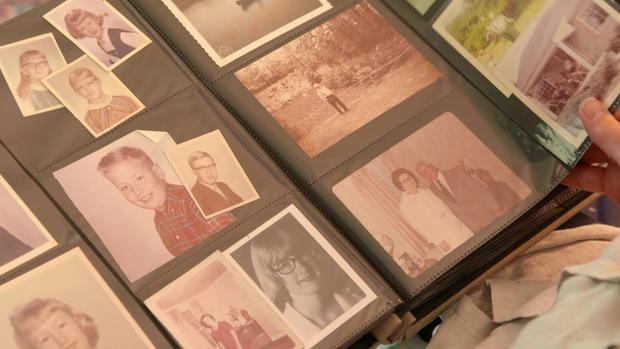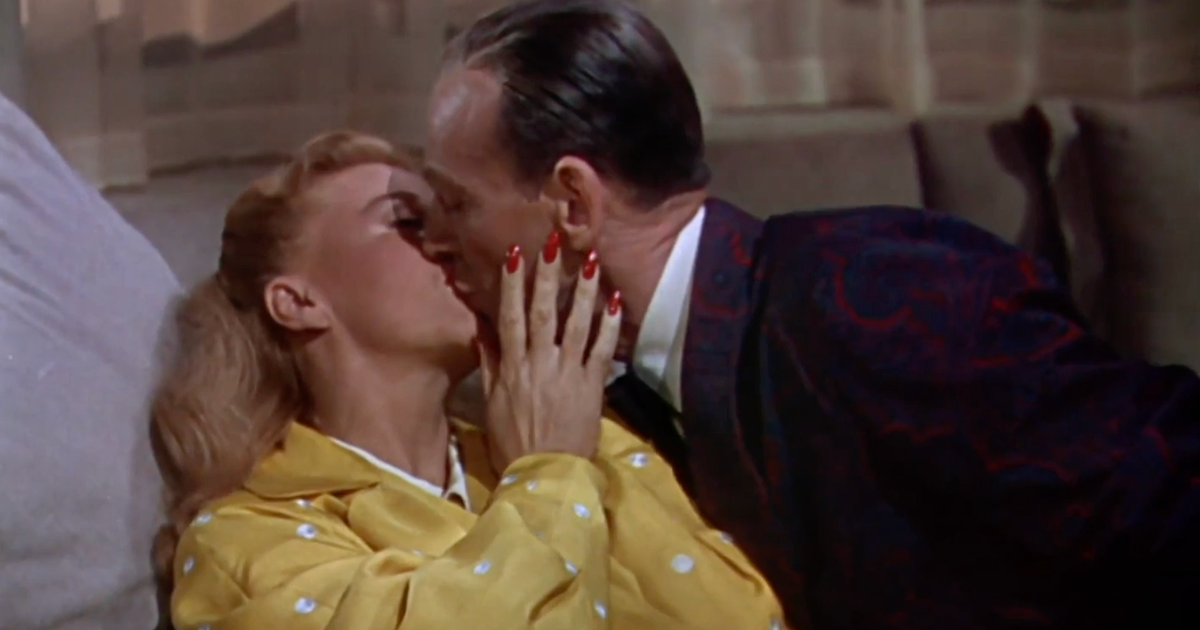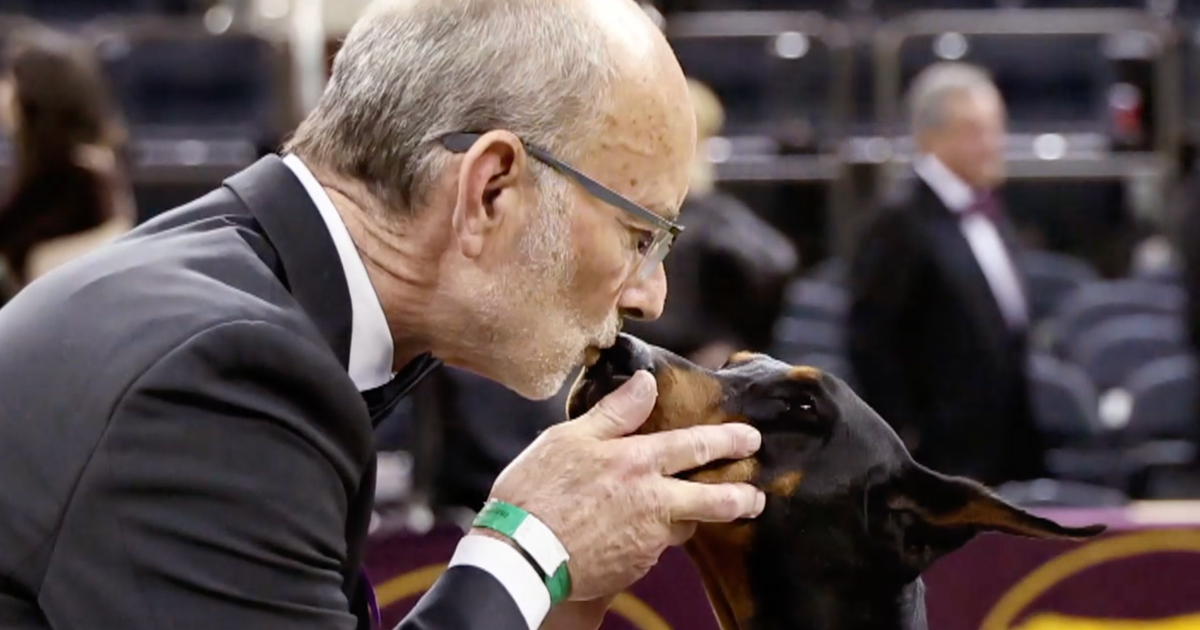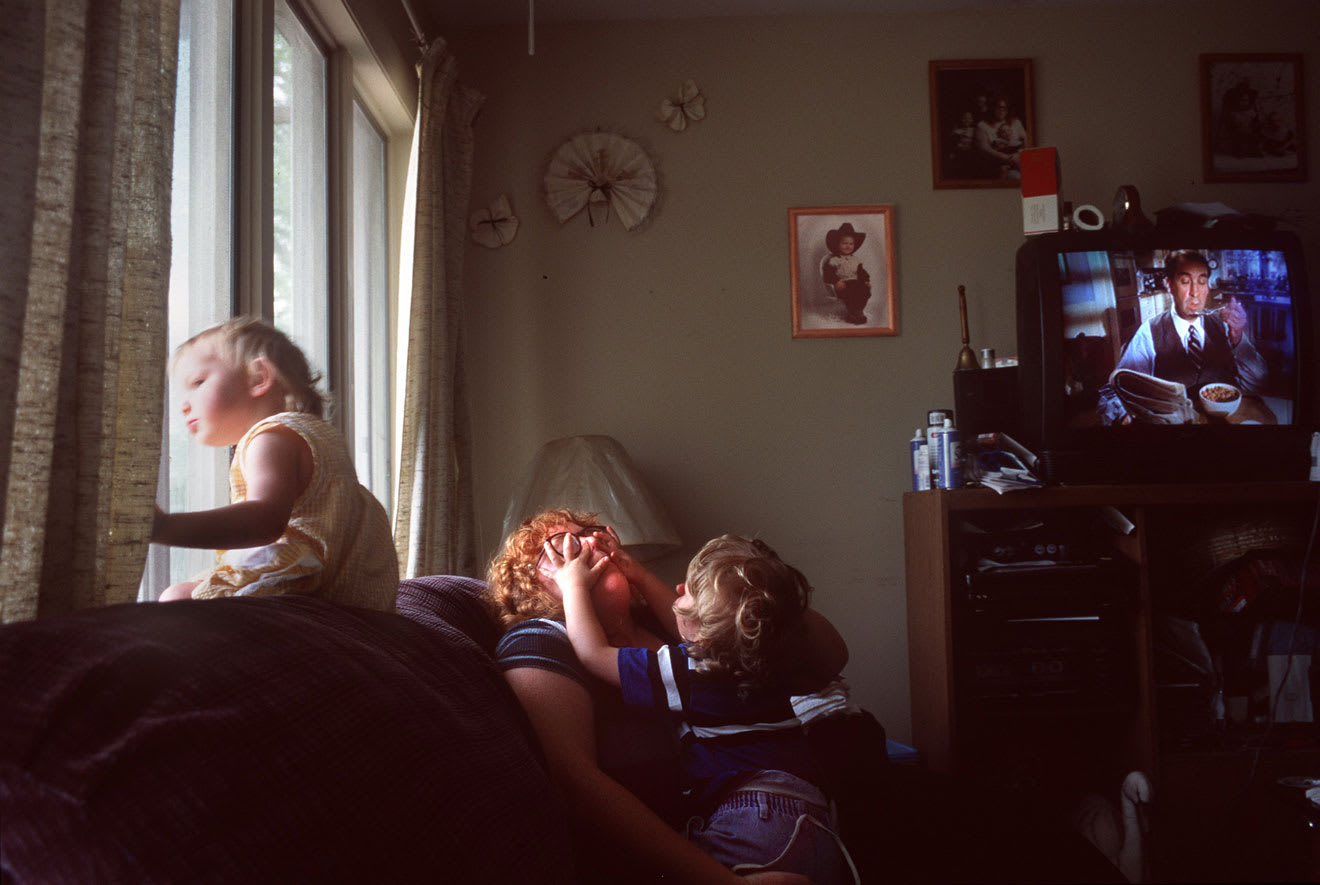Family feuds: When bonds are broken
Nashville musician Whit Hill doesn't typically write songs about her mother, but there's a trace of her mom in every note she plays.
Correspondent Susan Spencer asked, "You described having some sort of psychic pull toward her. What does that mean?"
"I remember telling her when I was a little child, I said, 'Mom, we are connected by a silver band. There is a silver band of love between us,'" Hill replied.
That silver band of love snapped when Hill became pregnant at age 22: "She turned to me and she said, 'Get it taken care of.' And that was a knife to the heart. And I said, 'No, I'm gonna have this baby and it's gonna be okay, Mom. It's gonna be okay.' And she said, 'Well, then, there can be nothing more between us.'"
"When she said those words, which must have been devastating, did you, for one second, think that this was going to be the literal truth?" Spencer asked.
"No."
But it was. Hill's mother cut off all contact with her daughter, for four decades.
Spencer asked, "Did you make an effort to get in touch with her?"
"I wrote to her regularly for many years," said Hill.
Scores of letters, like that one from 1985:
"Mom, the door's still open on my end. I miss you. Sometimes it's not too painful anymore, but I'd be willing to make all the necessary adjustments if you say the word."
All the letters went unanswered.
"When people would ask you about your mother, what would you say?"
Hill replied, "I would say, 'It's a sad story, but we used to be very close, and I have been disowned.'"
Jade Wu is a clinical psychologist at Duke University's School of Medicine, who has written about these broken relationships.
"I think when a family member walks away, it's almost more painful than if they died," she said. "This is one of the deepest types of human hurts that we can have. These are the things that we regret on our death bed. These are the things we spend sleepless nights thinking about. And it's something that happens more often than you might guess."
New research by professor Karl Pillemer, a Cornell University family sociologist, is an eye-opening look at just how prevalent family estrangements are. "This is a problem that affects everyone in our country, and cuts across a lot of divides," he said. "I was absolutely stunned to find that 27% of Americans report that they are currently in an estrangement. That would translate to close to 70 million people. … It is an extraordinary, almost epidemic-level problem."
Sometimes the problem becomes a spectacle, from the feuding Royals, to famous Hollywood stars, to the siblings of an Arizona Congressman, who last year campaigned against their own brother.
But most family estrangements go unacknowledged by the outside world.
Pillemer said, "People are willing to talk about all kinds of things, but they really clam up if they're asked to talk about estrangement and families. Over and over, we heard from our respondents that they feel shame, they feel guilt, they feel stigmatized when they tell someone that they haven't seen their son in ten years. They imagine a cartoon bubble over the other person's head saying, 'What's wrong with you?' And often, that's the case."
Pillemer hopes his recent book, "Fault Lines: Fractured Families and How to Mend Them" (Avery), will change all that.
Spencer asked, "What are the primary causes of it?"
"If someone can tell you the exact causes of a problem as complex as estrangement, they should probably win a Nobel Prize or the equivalent," he replied. "A strong risk factor for becoming estranged is very divergent values about religion, about lifestyle, about other issues."
Pat Wasilyw described her mother as having "a very different outlook on things than I did. It was just a different generation."
Wasilyw never will forget the lunch she had with her mother in 1982. They started talking about unmarried couples living together: "I just said very conversationally, 'I have several friends who lived together before getting married, and they're doing just fine.' And in the middle of this restaurant, she blew up as badly as I've ever seen it in my life."
Her mother, who was known for such rages, stormed out of the restaurant. For Wasilyw, that was it: "I said, 'I am never going to speak to you again.'"
"You meant it from that moment on, literally?" asked Spencer.
"I meant it. I was like, I'm not gonna put up with this again."
Such family break-ups, professor Pillemer said, seem to be on the rise in the U.S. "The bonds of obligation that might've affected our parents – you stick in this because it's family, and blood is thicker than water – that's something that's changed, especially for a lot of young people," he said.
Psychologist Jade Wu said, "I think in America we have a sense of needing more boundaries and more distance."
And that distance is often a bridge too far. According to a recent CBS News poll, four out of 10 people who have fallen out with family members say they've never reconciled.
Still, Wu said, don't give up hope: "You may feel like you will never approve of your son's partner; you may never approve of your daughter's career; you may never understand what transgender means, for example. But the whole point is that you need to hear their side of the story. And if you can listen with empathy, and even if you don't immediately agree but you can still say, 'I hear you. I can see how deeply I hurt you,' that is a huge, huge step towards healing."
For Pat Wasyliw, reconciliation came after a year of silence. Out of the blue, her mother called and apologized.
Spencer asked, "What did it mean to you to have reconciled with her before she died?"
"Oh, it was really important, it was really important," she said. "I literally don't know how I would have felt if I had never spoken to her again, and then I heard that she had passed away."
But for Whit Hill, there was no happy ending. Four decades of disconnect ended with no hug, no explanation … just news last year that her mother had died.
"You'd think I wouldn't care after all this time, right? I wish I didn't," Hill said. "I wish I hadn't cared, but I screamed and fell into my husband's arms and cried."
Wu said, "I think we are hard-wired to have very strong feelings about our family. These are the people that are the closest to us; they are the ones that watched us grow up, or raised us. Remember that every family has conflict, but when there is conflict, you want to put aside what's right and what's wrong, and you want to apologize, perhaps again and again."
For more info:
- Singer-songwriter Whit Hill
- Clinical psychologist Jade Wu
- Karl Pillemer, Department of Sociology, Cornell University
- "Fault Lines: Fractured Families and How to Mend Them" by Karl Pillemer Ph.D. (Avery), in Hardcover, eBook and Audio formats, available via Amazon and Indiebound
Story produced by Amiel Weisfogel and Robert Marston. Editor: Carol Ross.
